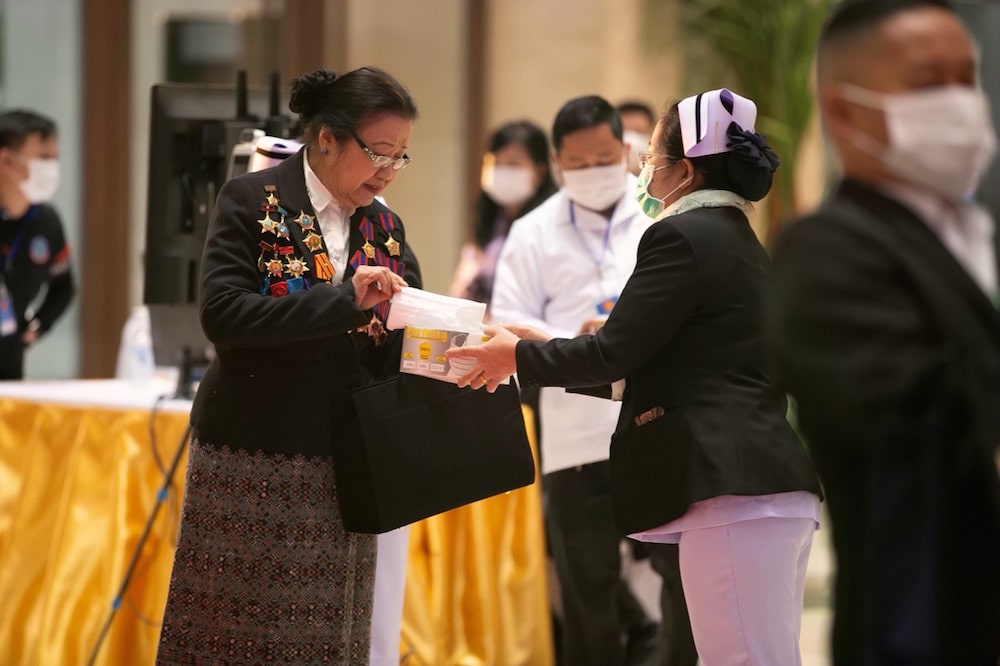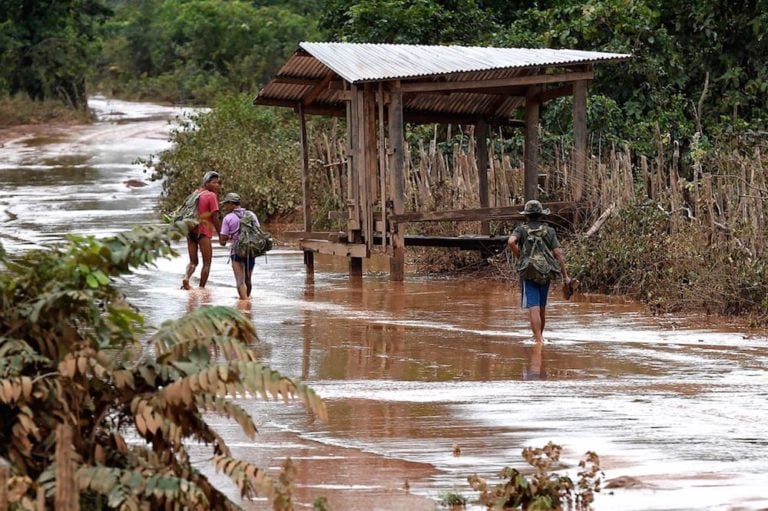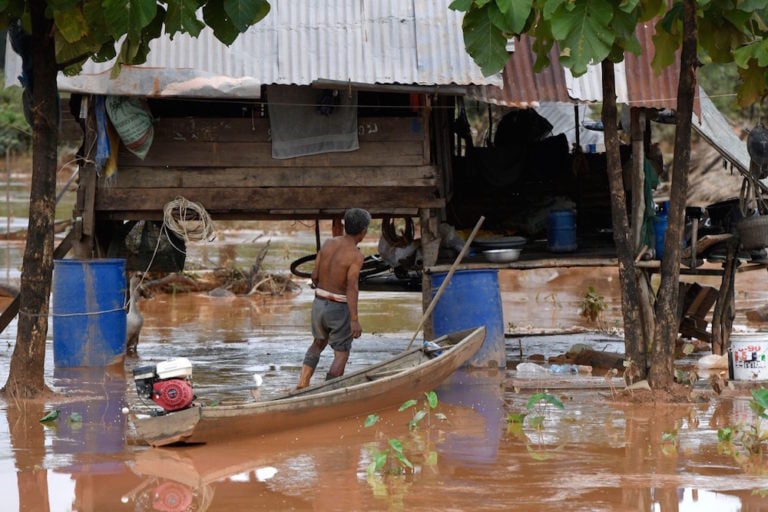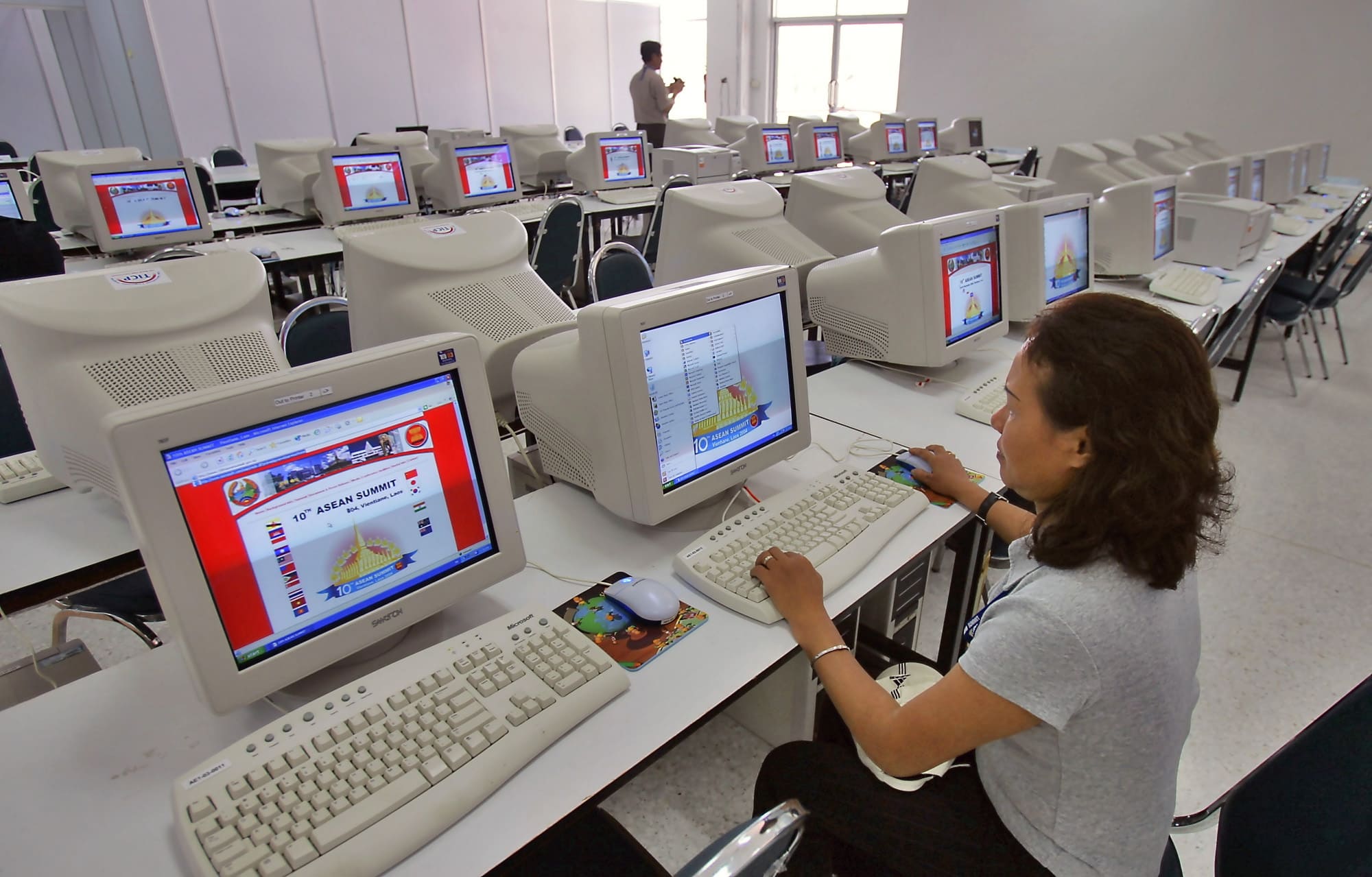Several groups have issued a joint statement asking the Lao government to repeal a recent order for provinces to keep records of official social media channels and to enforce social media registration. The statement also called for an end of an online monitoring special task force aimed at controlling the spread of “fake news” concerning the COVID-19 pandemic.
This statement was originally published on cchrcambodia.org on 28 May 2021.
We, Manushya Foundation, Access Now, ALTSEAN-Burma, Cambodian Center for Human Rights (CCHR), the Institute of Policy Research and Advocacy (ELSAM), PEN Myanmar, and Southeast Asia Freedom of Expression Network (SAFEnet) as the ASEAN Regional Coalition to #StopDigitalDictatorship, stand in solidarity with independent media and citizen journalism in Laos. We call for an immediate repeal of a recent order for provinces to keep records of official social media channels and to enforce social media registration, as well as an end of an online monitoring special taskforce, aimed at controlling the spread of “fake news” concerning the COVID-19 pandemic. We condemn the Lao People’s Revolutionary Party (LPRP) Government for its attempt to impose a digital dictatorship on the rights and freedom of Lao people and free media to prevent them from critical reporting and free expression.
We call on the government of Lao PDR to uphold its international human rights obligations under Article 19 of the Universal Declaration of Human Rights (UDHR), and under Article 19 of the International Covenant on Civil and Political Rights (ICCPR) which protect the right to freedom of expression of individuals as well as the press such as their right to seek, receive and impart information through the media, including through electronic media.
We denounce the government’s failure to comply with its international human rights obligations and the weaponization of restrictive laws. Of particular concern are Articles 8 and 62 of the 2015 Law on Prevention and Combating Cyber Crime, which grant unrestricted power conferred on the authority and vaguely worded crimes, and the problematic Media Law, which greatly undermines the independence of the media and stifles free expression online. We are further concerned about some Constitutional provisions: articles guaranteeing basic human rights to freedom of expression and press freedom are undermined by other articles imposing vague limitations on these freedoms in the name of protecting national interests.



